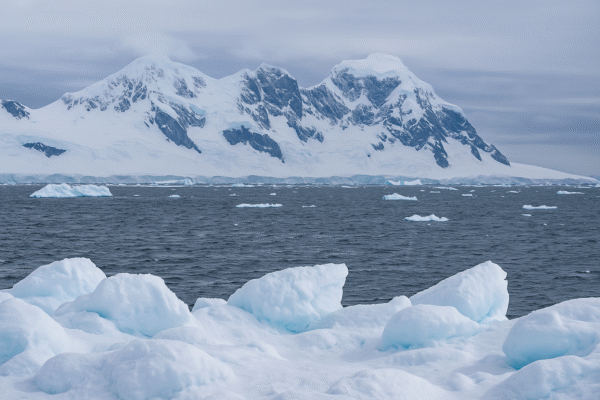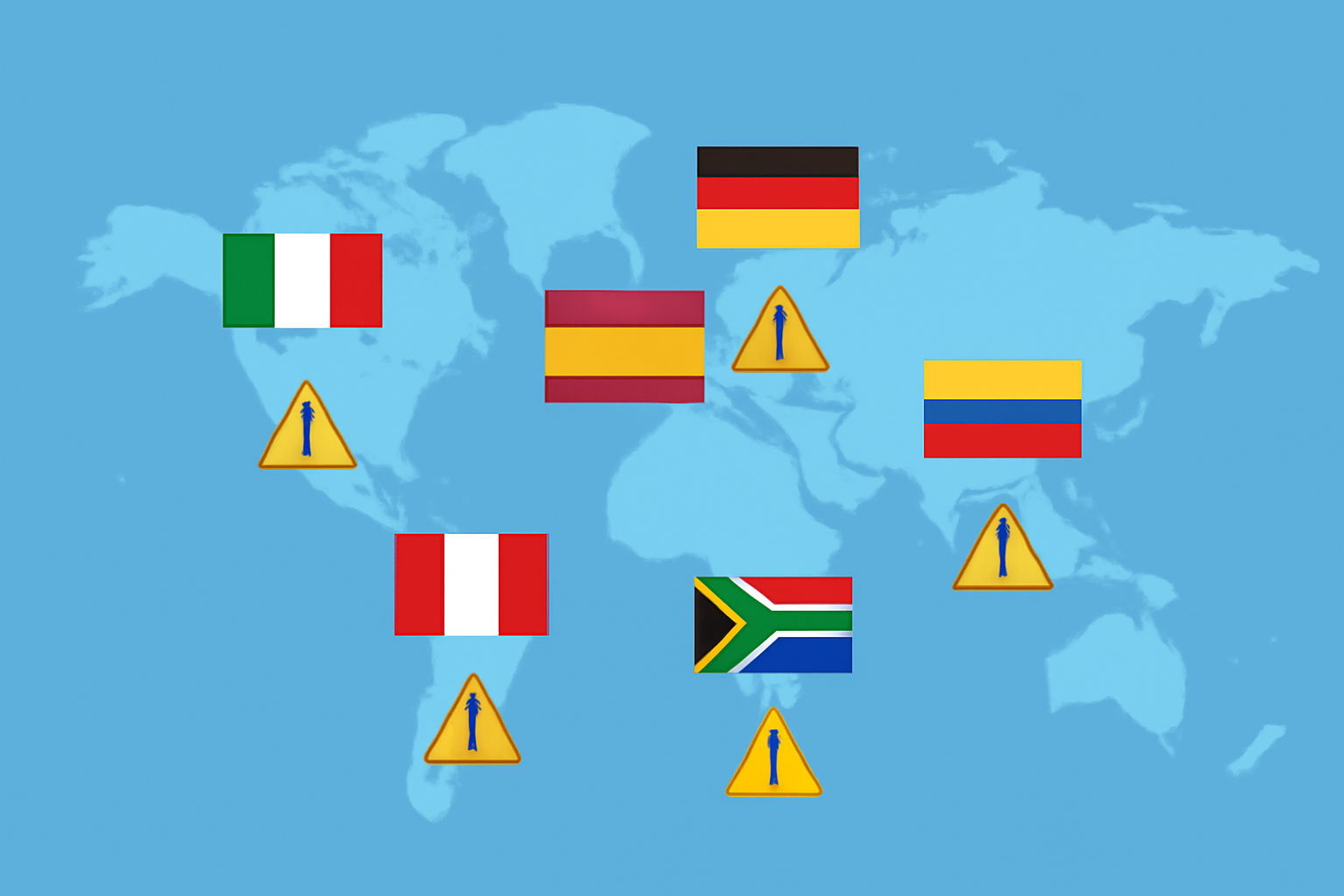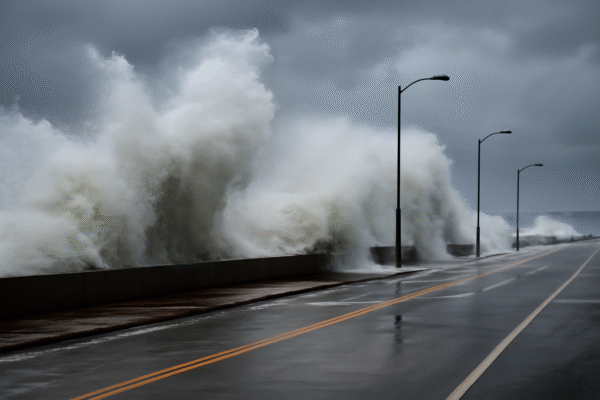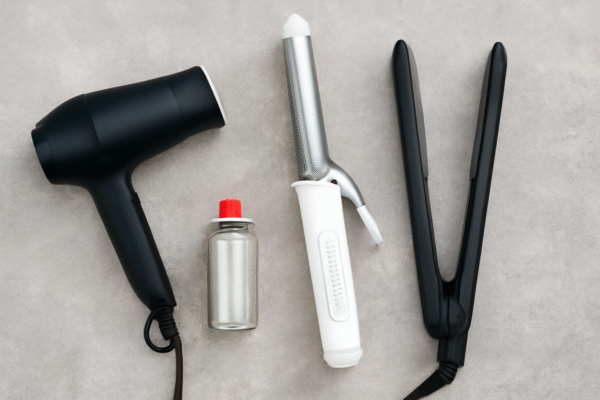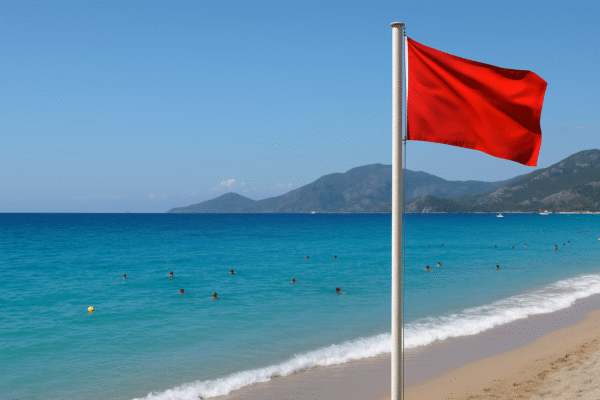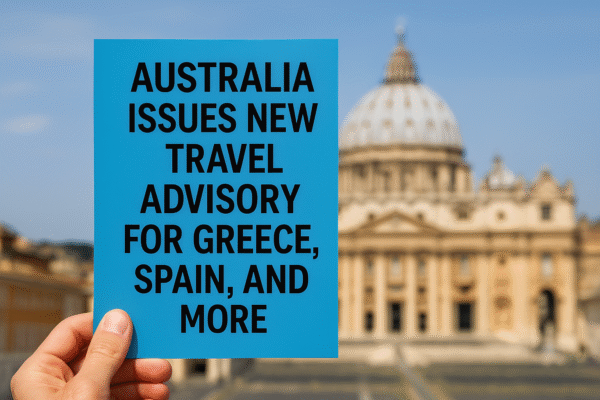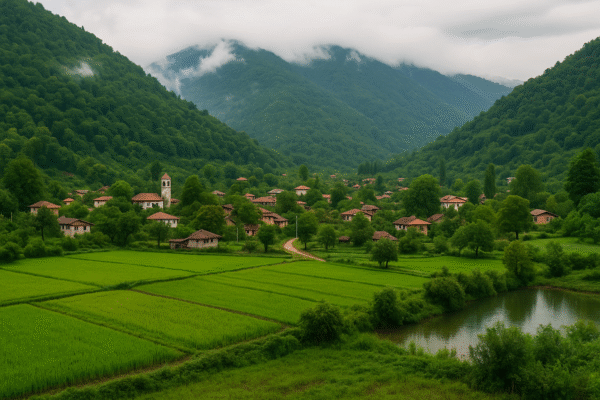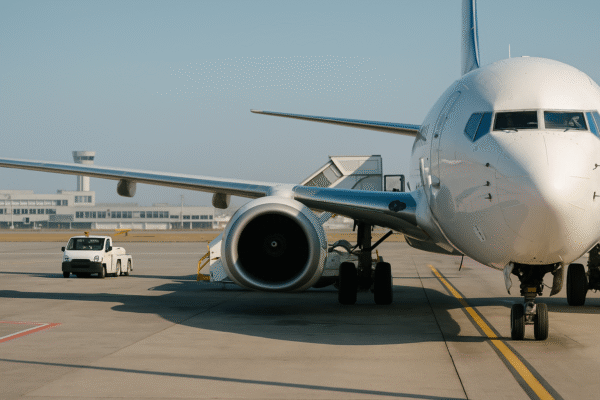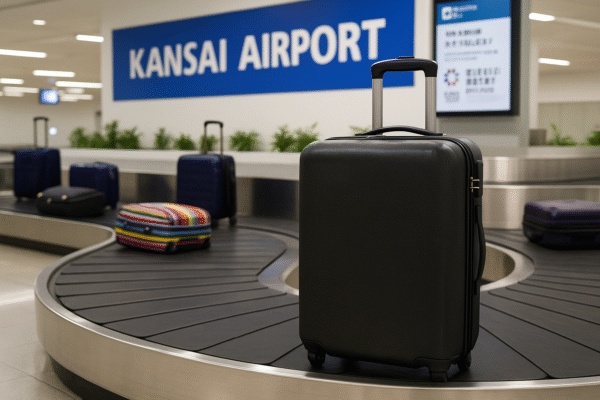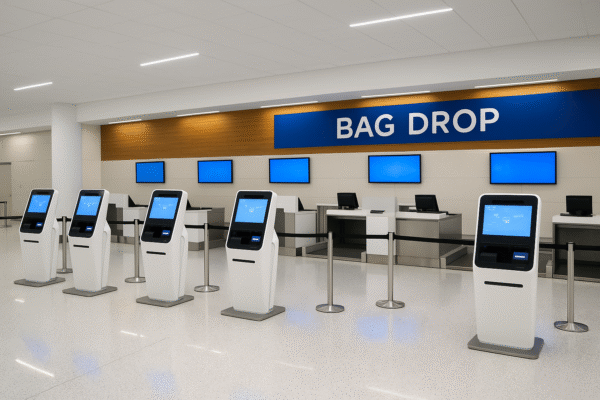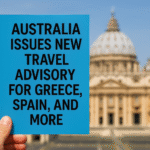The majority of Turkey’s famed Mediterranean and Aegean coastlines remain safe for holidaymakers. Destinations like Antalya, Dalaman, and Istanbul continue to operate normally, with flights and resorts unaffected by recent hazards. However, watersports enthusiasts and sunbathers alike are urged to stay vigilant. The Foreign Office reminds visitors: drownings in the sea and swimming pools are a recurring hazard. Always swim in areas supervised by lifeguards, observe beach flag warnings—particularly red flags signaling unsafe conditions—and never dive into unfamiliar waters that may conceal strong currents, shallow areas, or rocky terrain. Marine creatures like jellyfish or sea urchins may pose unexpected risks, especially where no lifeguard or signage is present—making consultation with locals or approved tour operators essential.
Wildfires: Localised, But Still Worth Watching
This summer, wildfires have blazed across regions such as Bursa, Eskisehir, Karabuk, and areas near Gaziantep. Some authorities have even enforced water restrictions in towns like Çeşme. Despite this, core tourist hubs remain largely shielded, and there are no broad travel restrictions in place. Still, visitors should stay alert to local notifications, pack accordingly, and be ready to evacuate if instructed by emergency services via the national number, 112. The FCDO emphasizes that abandoning a trip due to personal concern—without official advisory—may not entitle travellers to refunds, though tour operators may offer flexibility.
Health Hazards: Beware of Counterfeit Alcohol
Another persistent risk facing tourists involves unauthorised or counterfeit alcohol. Tragically, methanol poisoning—stemming from home-brewed spirits or fake branded bottles—has caused illnesses and fatalities in cities like Istanbul and Ankara. The guidance is clear: only purchase alcohol from licensed vendors, hotels, reputable bars or restaurants. Check that bottle seals are intact and labeling appears legitimate. If any tastes or labels seem off, don’t take chances.
Regional Risks: Stay Informed and Alert
Travel restrictions persist in certain zones. The FCDO continues to advise against all travel within 10 km of the Syria–Turkey border due to combat and terrorism threats. The southeast, along with Ankara and Istanbul, remains at heightened risk of terrorism-related incidents. Demonstrations—especially related to regional unrest—can escalate quickly; tourists should avoid protests and leave areas where crowds gather. Additionally, low-level crime such as pickpocketing is common in tourist-heavy areas; keeping valuables secure is vital.
Legal Requirements: ID and Documentation
In Turkey, carrying photographic identification, ideally your passport or a photocopy, is legally required. Authorities frequently conduct checks in crowded areas, particularly in Istanbul. Failing to present ID can lead to fines or complications—so it’s best to err on the side of preparedness.
Safe Adventure, Safe Travels
Turkey’s adventurous side—from quad biking to paragliding or jeep safaris—draws many thrill‑seekers. But the FCDO stresses: only participate through licensed operators, ensure you’re fully briefed on safety practices, and confirm that your travel insurance covers such activities. Without proper coverage, accidents could result in significant personal liability.
Maximising Safety for a Memorable Holiday
For British travellers eager to explore Turkey’s history, beaches, and natural beauty this autumn, the FCDO’s updated guidance serves as a timely reminder. Stick to lifeguarded shores, respect wild flags, purchase from licensed vendors, monitor wildfire developments, and always keep valid ID handy. Armed with this knowledge, your Turkish getaway can remain as vibrant and worry-free as intended.
Quick Safety Checklist for British Holidaymakers to Turkey
| Focus Area | Advice Summary |
|---|---|
| Water Safety | Swim only in lifeguarded zones, follow flag warnings, avoid unknown or rocky waters. |
| Wildfire Risk | Stay alert in vulnerable regions, follow official directives, note that main resorts remain safe. |
| Alcohol Safety | Buy from licensed sellers only, inspect bottle integrity, avoid homemade drinks. |
| Security & Therapy | Avoid restricted regions, protests, and be cautious of crime and regional terrorism risks. |
| Legal Compliance | Always carry ID; passport photocopies are acceptable for routine checks. |
| Adventure Tourism | Use reputable operators and ensure insurance covers high‑risk activities. |
For more travel news like this, keep reading Global Travel Wire



